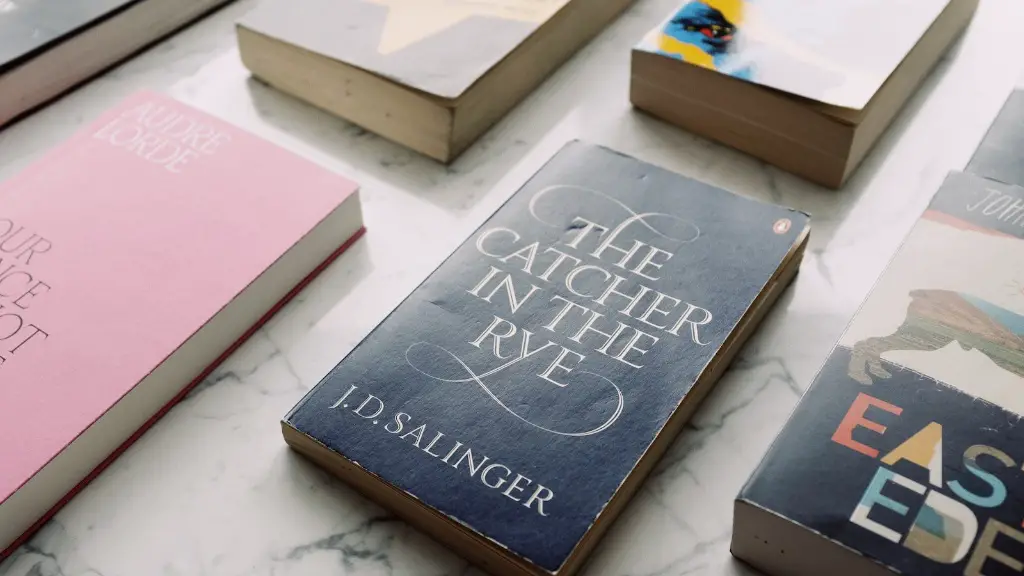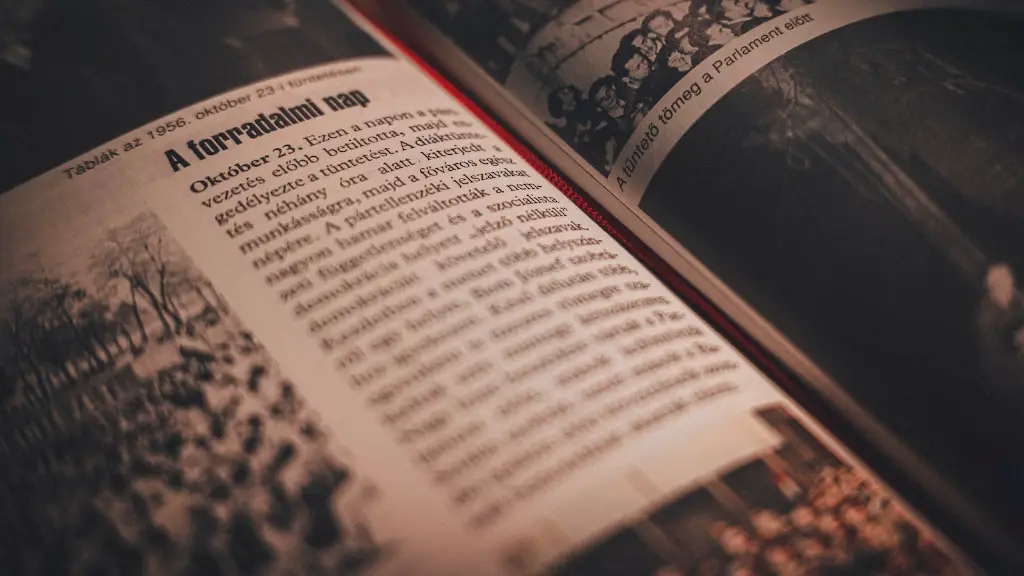What is Poetry?
Poetry is a form of literature that expresses ideas and emotions in a compact and powerful way. It incorporates the use of metaphor, imagery, rhythm and figurative language to convey its message. Unlike prose, poetry does not have a particular length or structure and may have any number of lines and stanzas. Poetry is a distinct form of art where the poet uses different tools and techniques to craft a unique and powerful poem.
Where do we find Poetry?
Poetry can be found in many places. One popular place to find poetry is in books. Poetry collections are available in bookstores and libraries. Many poets also post their work online and can be found through a simple google search. Social media sites are also a great source for finding new poetry as poets often share their work on these platforms.
Another place to find poetry is in movies, music, and theatre. Filmmakers often incorporate poetry into their films, and many songs feature references to well-known poets. Also, spoken-word poetry performances are popular in the theatre. Such performances are usually done without any props or sets and the poet’s performance and words are the main source of entertainment.
In addition to these places, poetry can be found in everyday life. Poets often draw inspiration from what is around them and capture moments in words. Poetry can also be found in nature. People can observe poems in sunsets, the passing of a storm, or the pattern of leaves on a tree.
How Poetry Can Affect Us
Poetry has the potential to move people in a very powerful and profound way. Each person perceives poetry differently and reacts according to their personal experience and interpretation of the work. As such, different readers have different emotional or intellectual reactions to the same poem. Poetry can help people to think about events, ideas and emotions on a much deeper level and often reveals aspects of life that can be hard to articulate in words.
Poetry is also often used to expression feelings, such as joy, sorrow and anger – as well as tackle complex topics such as injustice, inequality and oppression. Poetry has the ability to raise awareness, encourage empathy and cultivate understanding. It serves as a platform to engage in constructive dialogue and, ultimately, bring about social change.
Types of Poetry
There are many types of poetry that vary in structure and content. Some of the most common categories of poetry are traditional verse poetry such as sonnets, haikus and villanelles; free verse which does not have set rules or structure; narrative poetry which tells a story through verse; and lyrical poetry which contains a melody of words.
The languages used to express poetry can also differ. Many poets write in their native language while others explore non-traditional dialects and phrases. English is one of the most popular languages used in poetry, with countless poems in the English language being published each year.
The Legacy of Poetry
Poetry has been around for centuries and continues to be a powerful form of artistic expression today. The history of poetry is rich and varied, incorporating elements of religion, politics and society. Poetry was used in Ancient Greece, Rome and Asia to document events, describe emotions and praise gods.
As time went on, different forms of poetry emerged. Many famous poets throughout history, such as William Shakespeare, Walt Whitman, and Langston Hughes, have left behind a legacy of work that still move and inspire readers today.
The Importance of Poetry
Poetry is essential in our society. It has the power to move people and inspire change. Poetry can help to foster understanding, critical thinking, and empathy. It is also important in helping us to understand ourselves and gain perspective on life and death.
Poetry can also be used as a tool of protest. It allows individuals to express their opinions and feelings through words and provoke debate on topics such as oppression, violence, inequality and injustice.
What to consider when reading Poetry
When reading poetry, it is important to consider the structure and form of the work. It is also key to consider the meaning of the poem and ask questions such as: what is the main message or understanding of the poem? What is the poet trying to convey?
It is also beneficial to research the poet to gain a better understanding of the poem. This can involve reading about the poet’s biography, background and influences to gain a fuller understanding of their work.
Writing Poetry
Writing poetry is an incredibly personal and fulfilling experience. There is no right or wrong way to write a poem and it is just as important to be open to corrections and feedback from other poets. Writing poetry provides an outlet to express one’s thoughts and feelings in a creative way.
When writing a poem, it is important to use concrete images, vivid descriptions, and figurative language. A memorable poem should also contain a powerful title and refrain. Poets can also experiment with different forms and techniques to craft a unique piece of work.
Educating Young People About Poetry
It is important to educate young people about poetry. Introducing them to great poets and readings can help them gain appreciation for poetry and develop a deeper understanding of the power of words.
Schools can promote poetry by holding poetry slams or encouraging students to write and share their work. Poets can also visit schools and talk about their poems to help students gain a better understanding of their work. Such activities are an effective way of connecting students to the world of poetry.
Exploring the Field of Poetry
Exploring the field of poetry can be a daunting but rewarding experience. There are countless poems to be explored, and many acclaimed poets to look into. It is important to take the time to read and understand poetry and draw one’s own conclusions and interpretations.
Researching different poets and their works is also beneficial. Such research points to different aspects of the poet’s life, writing style and influences, which can provide a more comprehensive understanding of the poem.
The Future of Poetry
The future of poetry looks bright. With the growth of technology and the internet, there has been an increasing number of writers, poets, and platforms through which to discover and share poetry. This has also led to the growth of spoken-word and rap culture, which has opened up the genre to a whole new audience.
In the coming years, creative ways to appreciate and engage with poetry will likely continue to grow. The incorporation of technology and digital media will no doubt have an impact on the genre. As the landscape of poetry continues to evolve, there’s no doubt that the power and potential of this classic art form will remain.


